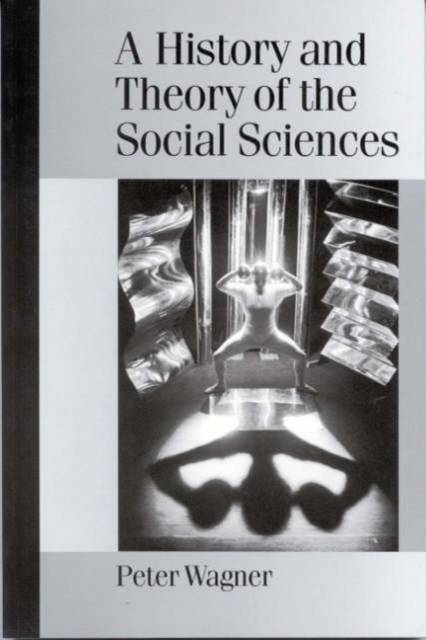
- Afhalen na 1 uur in een winkel met voorraad
- Gratis thuislevering in België vanaf € 30
- Ruim aanbod met 7 miljoen producten
- Afhalen na 1 uur in een winkel met voorraad
- Gratis thuislevering in België vanaf € 30
- Ruim aanbod met 7 miljoen producten
Zoeken
€ 354,45
+ 708 punten
Uitvoering
Omschrijving
Divided into two parts, this book examines the train of social theory from the 19th century, through to the `organization of modernity′, in relation to ideas of social planning, and as contributors to the `rationalistic revolution′ of the `golden age′ of capitalism in the 1950s and 60s. Part two examines key concepts in the social sciences. It begins with some of the broadest concepts used by social scientists: choice, decision, action and institution and moves on to examine the `collectivist alternative′ the concepts of society, culture and polity, which are often dismissed as untenable by postmodernists today. This is a major contribution to contemporary social theory and provides a host of essential insights into the task of social scie
Specificaties
Betrokkenen
- Auteur(s):
- Uitgeverij:
Inhoud
- Aantal bladzijden:
- 208
- Taal:
- Engels
- Reeks:
Eigenschappen
- Productcode (EAN):
- 9780761965688
- Verschijningsdatum:
- 10/09/2001
- Uitvoering:
- Hardcover
- Formaat:
- Genaaid
- Afmetingen:
- 158 mm x 239 mm
- Gewicht:
- 467 g

Alleen bij Standaard Boekhandel
+ 708 punten op je klantenkaart van Standaard Boekhandel
Beoordelingen
We publiceren alleen reviews die voldoen aan de voorwaarden voor reviews. Bekijk onze voorwaarden voor reviews.











